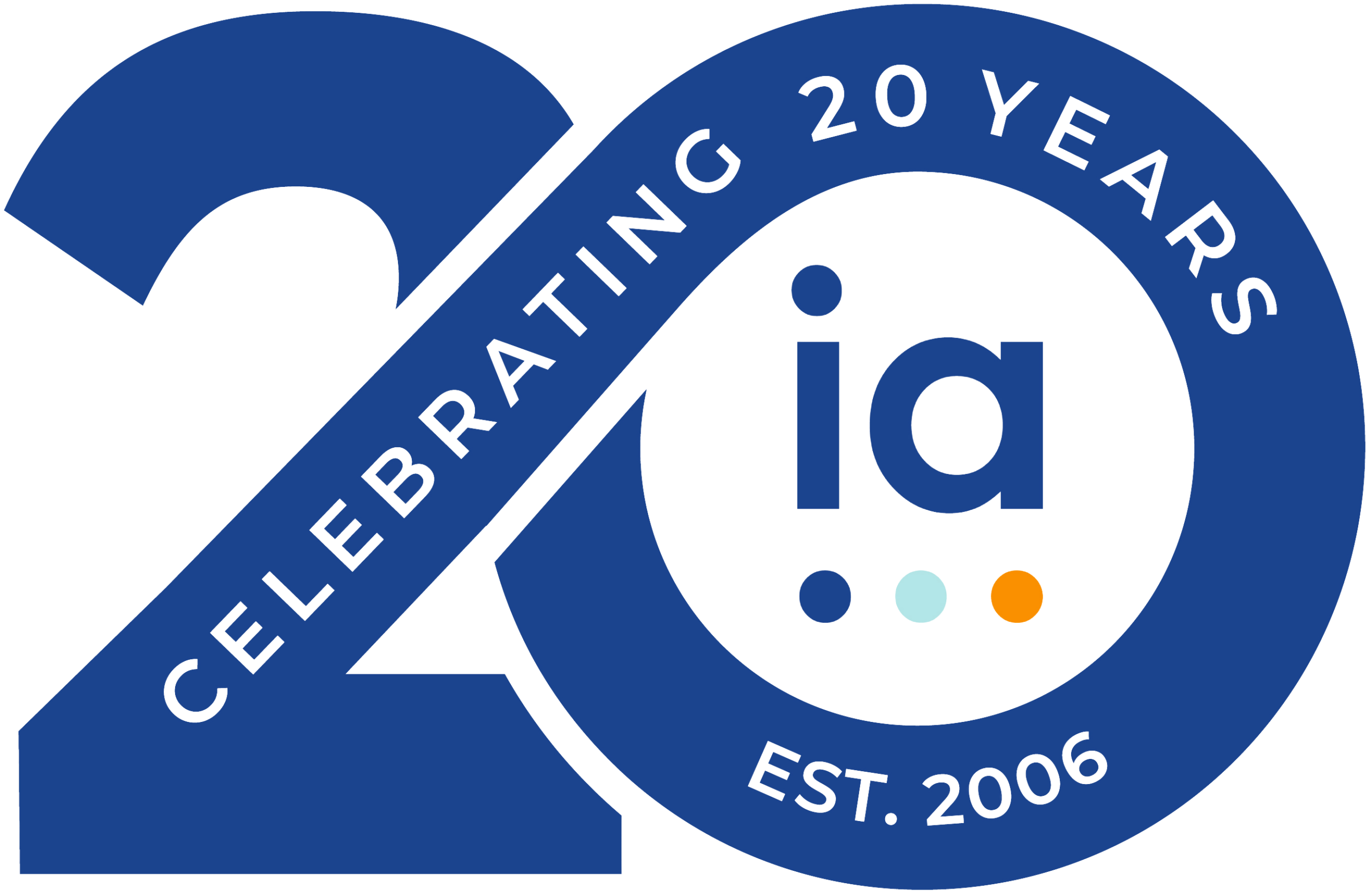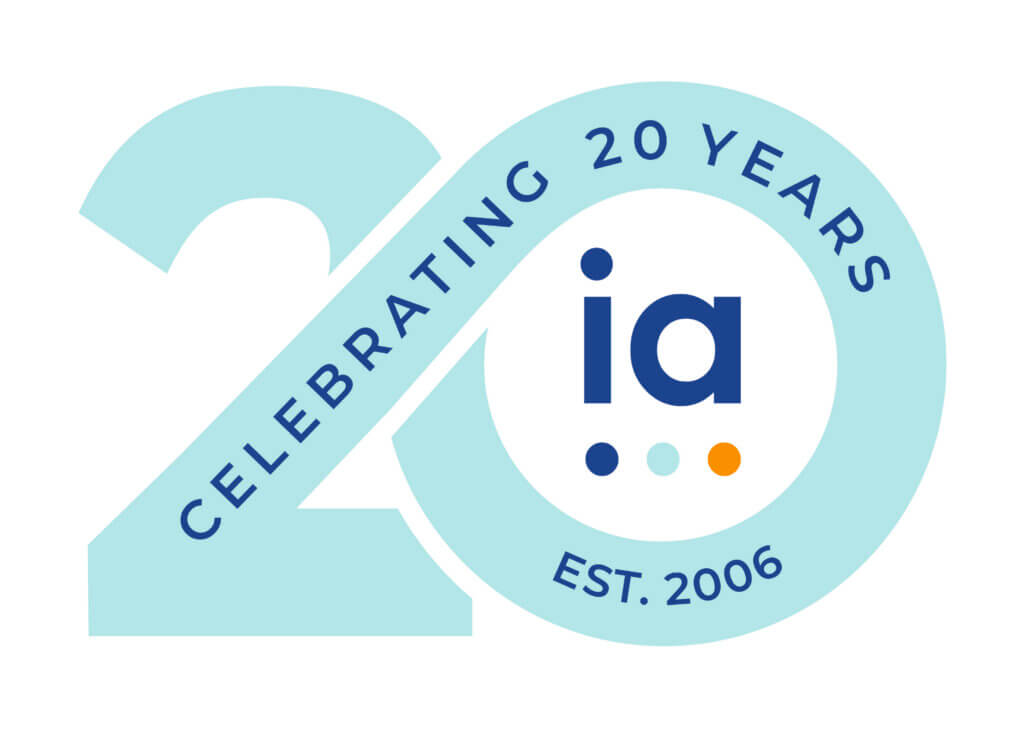Operating Model, Strategic Services
Ask any business leader about transformation and they will tell you it’s challenging. We see companies struggle to match the pace of change, particularly in certain industries. In an era where healthcare is rapidly evolving, Premise Health stands out not only for its innovative direct healthcare model but also for its internal transformation journey.
At the heart of this evolution are two leaders: Elizabeth (Liz) Reimer, CHRO, and Lisa Duncan, senior vice president, transformation, who have helped steer the organization through one of its most ambitious initiatives: the data transformation program.
Premise Health: a snapshot of innovation
Premise is the nation’s leading direct healthcare provider, partnering with over 400 large organizations to deliver care through on-site, near-site and virtual wellness centers. With services spanning primary care, behavioral health, pharmacy, occupational health and more, Premise offers a comprehensive, customizable healthcare experience. Its advanced primary care model integrates multiple disciplines to deliver whole-person care, improving outcomes and reducing costs.
Behind this operational excellence lies a story of transformation, one that required not just strategic vision, but deep cultural and organizational change.
The data transformation program: a turning point
Premise’s data transformation program began as a data initiative but quickly evolved into a full-scale transformation effort. As Lisa describes, the program was at a “critical execution phase” when she stepped in. Her first move was to realign the organization around a shared mission and vision. “Everyone had a different answer for why we were doing this,” she says. “We had to get back to the why.”
Liz echoed this sentiment, emphasizing the importance of structure and clarity: “We needed a program that could scale and mature us quickly while helping us move through rapid change effectively,” she says.
From her HR lens, the transformation was about unlocking untapped value and articulating Premise’s story in a way that resonated both internally and externally.
Building the transformation muscle
One of the most significant outcomes of the data transformation program was the establishment of a formal transformation role to support this very impactful and innovative program. Lisa believes this was essential: “An initiative like this needs full-time attention. It’s not something you can do off the side of your desk.”
The transformation program, which included leveraging program management and a defined governance framework, brought discipline, structure and a rinse-and-repeat model that Premise can now apply to future initiatives, from technology upgrades to organizational redesigns. It also introduced a new focus on value measurement, ensuring that every transformation effort is tied to tangible outcomes like revenue growth, margin expansion and operational efficiency.
Change management: the unsung hero
Both leaders highlight the critical role of change management. “You cannot do transformation without change management,” Liz states. Lisa agrees, noting that her own understanding of change management deepened significantly through the program. “I wish I had known more about it earlier,” she says. “It’s not just herding cats; it’s deeply relational and strategic.”
Premise initially partnered with external consultants for change management due to lack of internal capabilities. However, leaders soon realized the value of building this capability in-house. “When you have someone who understands your culture, you can hit the ground running,” Lisa explains.
Lessons in leadership and engagement
Transformation at Premise wasn’t just about systems. It was about people. Liz speaks candidly about the challenges of burnout and engagement. “People were tired. They were doing this work in addition to their regular roles,” she says.
The solution? Clear communication, stakeholder mapping and a cadence of updates that kept everyone aligned.
Lisa adds that transformation requires thick skin and deep institutional knowledge. “You have to manage up, down and across. It’s misunderstood because it’s not just execution; it’s about relationships and storytelling.”
Strategic decision-making and scope discipline
One of the program’s successes was its disciplined approach to decision-making. By locking down the scope early and presenting executives with clear options, the team avoided the pitfalls of ambiguity and scope creep. “We gave them robust information and helped them understand the trade-offs,” Liz says.
Lisa emphasizes the importance of revisiting and reinforcing the transformation story. “You have to keep reminding them why you’re doing it, where you are and what the future looks like.”
Culture, capability and continuous improvement
Premise’s culture of growth and innovation was both a strength and a challenge. As Liz notes, “We’re executors. We move fast. But we don’t always take time to reflect and celebrate.”
Building a transformation program helped shift that mindset, creating space for strategic planning, capability building and talent development.
Lisa sees transformation as a way to scale what’s already working. “What got us here won’t get us there,” she says. “We’ve been transforming ourselves for 11 years, we just didn’t call it that.”
5 transformation strategies for other organizations
For HR leaders and executives considering their own transformation journeys, Liz and Lisa offer several key takeaways:
- Start with structure. Build a program framework early to guide communication, decision-making and stakeholder engagement.
- Lead with change. Don’t treat change management as an afterthought. Make it central to your strategy.
- Invest in people. Understand your talent inventory and align resources to strategic priorities.
- Tell the story. Use storytelling to build trust, gain buy-in and reinforce your vision.
- Celebrate success. Take time to acknowledge milestones and recognize the hard work of your teams.
Looking ahead
As Premise continues to grow, the lessons learned from the data transformation program are shaping a new era of strategic execution. The transformation mindset is now emerging as a foundational capability for the organization.
Liz envisions transformation as a “hardworking muscle” that can take on complex initiatives, move them through execution and deliver measurable value.
“It’s not about rinse and repeat in a cookie-cutter way,” she says, “but about building a disciplined, scalable approach to change that aligns with our culture and priorities.”
Lisa echoes this sentiment, emphasizing the importance of institutionalizing transformation. “The earlier you bring transformation into the conversation, the better your outcomes,” she says. “It’s not just about managing projects, it’s about managing value, capacity and culture.”
Premise is now exploring how to formalize change management as an in-house capability, recognizing that transformation is not a one-time event but a continuous journey. With the rise of AI, evolving healthcare regulations and increasing competition, the ability to adapt quickly and strategically is more critical than ever.
Perhaps most importantly, as Liz and Lisa highlight in their advice to other organizations, Premise is learning to celebrate its wins. “We’re a culture of executors,” Liz says. “But we need to take time to reflect, recognize and celebrate the incredible work our teams are doing.”
One of the ways the team celebrates success is through peer recognition. Each month, team members submit nominations to spotlight team members who went above and beyond in their work.
As Premise looks to the future, transformation is no longer just a program; it’s a mindset. One that empowers the organization to scale, innovate and continue delivering exceptional care to millions of members across the country.
For Liz and Lisa, the journey has been both demanding and rewarding. “Transformation never ends,” Liz says. “But now we have the muscle to do it right.”






